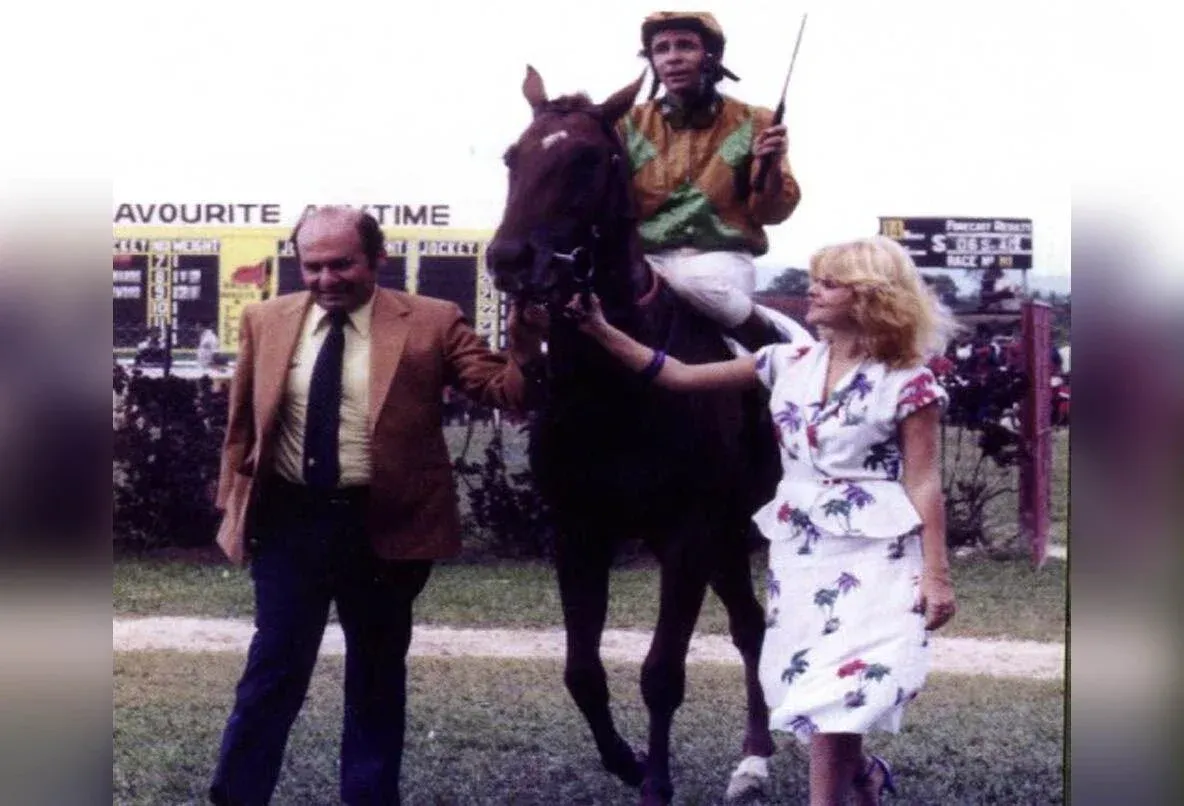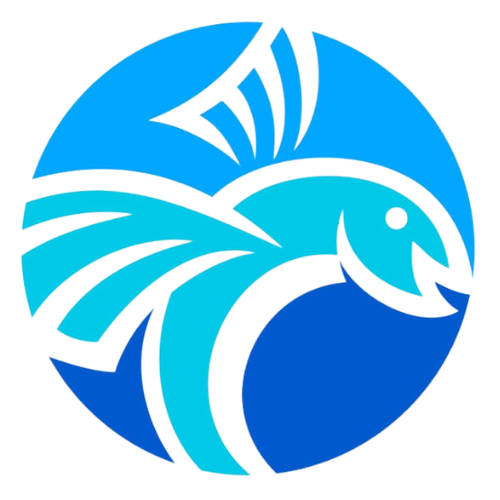Challenor Jones (Trailblazer, propelling development, boat owner)
Harry Challenor Lynch Jones was born on 25th October 1940. Most Barbadians would know Chally, as he is affectionately known, in the context of horse racing, where he rose to fame as a champion jockey in Barbados and Trinidad from the 1960’s through to his retirement in 1981, as well as his role as owner and trainer until the present. In recognition of his contribution to horse racing as a jockey in Barbados, Chally was awarded an MBE in the Queens New Year’s Honours list for the year 1972. However, we in the fishing industry also recognize Chally as a pioneer in the field of fishing.

In this case, Chally’s love of the sea and interest in fishing started from an even earlier age than his horse racing journey, starting from when he was a young boy living with his family in St. Lawrence Christ Church, way before it was the tourism mecca we now know as “the Gap”. Chally and his boyhood friend Robin Hunte (later of the Merrymen fame) loved to fish in the sea that was practically on their doorsteps, including with fishpots which they made themselves.
Fast forwarding to the early 1960’s, Chally was wearing the two hats of a fisherman, owning four “petter” dayboats in Barbados, as well as being a well-respected jockey in Barbados and Trinidad, which required him dividing his time between the two countries. While staying with friends in Tobago, Chally was told of how abundant flying fish, which Bajans loved but that Trinbagonian had little interest in, were in the waters just offshore of that island. After seeing this for himself, he came up with the idea of catching the fish and taking them back to Barbados. To this end in 1964 he purchased a 47-foot boat powered by a diesel engine and sails from England. Importantly the vessel had a built in ice-hold in which wood shavings were used for insulation. Loading the boat, with chipped ice that he purchased from the American shrimping company which was operating out of Barbados at the time, he sent the boat to Tobago where it was both used as a fishing boat itself but also served as a mother boat collecting fish taken from other smaller Tobagonian boats in the area. The first shipment of 100,000 iced flyingfish caught off Tobago was then brought to and sold in Barbados. This enterprise did not last long however, as just after a year or so rumors had started to spread that a child in Chapman Lane had died from food poisoning from eating some of the iced fish.
By 1973, Chally along with two other local investors formed International Seafoods Ltd. (ISFL) that fished for shrimp and groundfish off the Northern coast of South America with processing and packaging of the shrimp being conducted at the company’s own Bridgetown facilities. However, from 1970 Brazil had become one of the first countries in the world to claim jurisdiction over the ocean space 200 nm from their coastline. Over the following years other countries claimed extended maritime limits as well and as workable fishing agreements proved elusive the Barbadian fleet was simply excluded from these rich shrimping grounds eventually causing the closure of the company in 1978.
Chally continued to fish, investing in and operating the conventional fishing boats of the day, including the modern-design iceboats that had entered the fleet by the end of the 1970’s. But in this context yet again he went one step further by installing a longline in a 42 ft iceboat which he had built at his Neils plantation home. Initially the success rate of the new gear was modest at best largely due to the lack of experience by the fishermen using it at the time. In this regard by 1988, Chally started a business collaboration with the captains of two American longliners operating in the area where he acted as the vessel’s local agents. He recruited a number of local fishermen, including a keen and bright fisherman named Anderson (Rogie) Kinch, to become part of the US vessels crew, deliberately to facilitate them gaining the training in longlining. As the saying goes the rest is history.
The journey was not always smooth, with many obstacles in the way, and the tireless trailblazing efforts of Challenor Jones in the island’s Fishing Industry must be admired. As is the case of so many fisherfolk families, Chally’s son Jono has followed in his Dad’s footsteps both in becoming a champion jockey and owning both sports and commercial fishing boats, part owner of Legacy Fishing Charters as well as the longliner It’s Mine.

